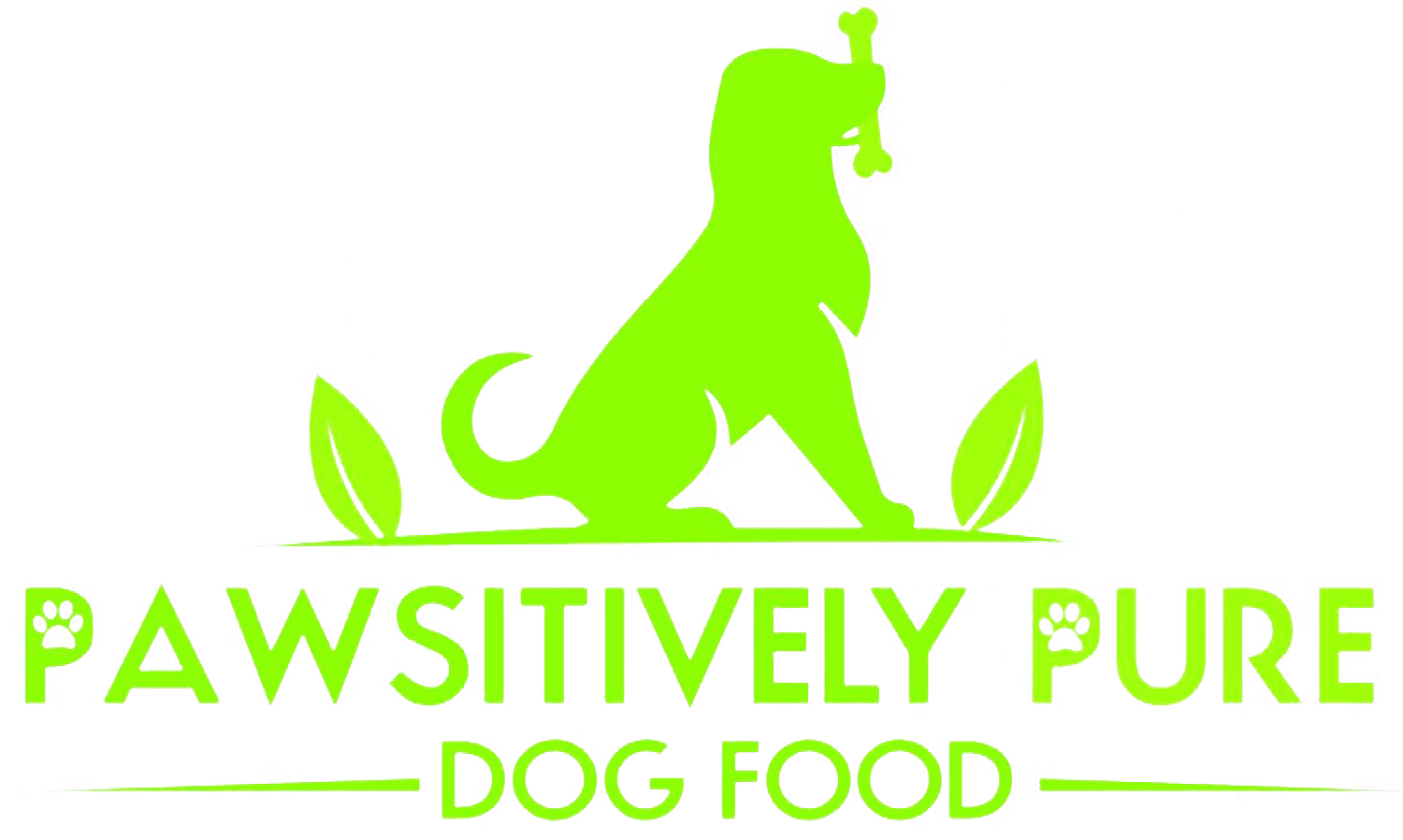Caring for Your Senior Dog
As you probably know, our boy Jackson is a senior dog; he just turned 12 this June! We have loved watching him learn and grow at every stage of his life. From the early teething and training phase, he has grown into the sweet, playful, gentle dog we love. Of course, we have had to adjust how we care for him as he ages. Just as it goes with humans, life offers a different set of challenges for senior dogs than it does for puppies and adolescent dogs.
Currently, the U.S. has more senior dogs than ever thanks to veterinary medicine advances. According to AKC.tv, there are over 40 million senior dogs in the United States--senior being defined as over 7 years of age. While some dog species reach their senior stages at different ages, 7 years is generally the time when we start to see the signs of aging in our dogs.
What Are the Signs of Aging in Dogs?
Some signs of aging in dogs are visible on their bodies; others are perceptible through altered behaviors. One of the most common signs your dog is getting older is that they start to move more slowly. Not only do dogs experience joint issues, they also tend to start losing muscle mass as they age. Other common signs of aging include tooth decay and loss, weakened vision, and diminished appetite or digestive problems.
How Should Senior Dog Owners Adjust Care?
At the top of the care list for senior dogs is more frequent visits to the vet. Dr. Ahn of AKC recommends making veterinary appointments for your senior dogs at least twice a year--more frequently if they have specific care needs. Your veterinarian will be able to monitor your dog for common issues and give you a plan to optimize their health and keep them happy for years to come.
Secondly, senior dog parents should adjust their dogs’ diets. You may have noticed that most kibble brands have both “puppy” and “senior” varieties with different nutrients for appropriate organ support. We’ve had Jackson on our human-grade Pawsitively Pure dog food since before he reached his senior years, and we’d recommend it for any senior dogs. Feeding a raw diet allows your dog to get nutrition from whole foods without any filler, and gives you more opportunity to mix in the appropriate supplements.
You should also adjust your dogs’ exercise schedule and patterns. Exercise is just as important for senior dogs, but sometimes it may be hard to get physical activity in when your dog experiences sore joints and muscles. Aquatherapy is a great alternative to running and other high-impact activities. Our friends at Dip’n Dogs Water Therapy help acclimate your dog with the water and guide them through exercises to help keep them strong and comfortable.
Dogs Are Delightful at Any Age
Adjusting your care regimen to suit your senior dog’s needs isn’t a hassle when your dog is part of the family! Many people shy away from adopting senior dogs due to increased care and attention needs, but senior dogs are often mellow and full of love to give, and they deserve love to the end of their days. If you have a senior dog, share their pictures and stories with us on Facebook; find us here!

